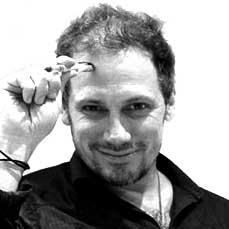Nestled in the shadow of Mont Blanc, in the Haute-Savoie region of eastern France, the city of Annecy has been described as the “Pearl of the French Alps,” and for good reason. Although far inland, Annecy has an oceanic climate, yielding breezy summers and mild winters. You can bike or paraglide. You can ski the mountains or ski on its lake. You can play golf. You can play the casinos in black-tie. You can soak in the nearby thermal baths of Aix-les-Bains. There’s a slew of restaurants that ooze fondue.
Annecy is a small place, where people know each other’s business. Since the late 1950s, its population has been capped at 50,000. A recent poll cited it as the best city to live in in France. The air is pure. The water’s clear. The place is something a child would draw up when imagining the perfect setting for a fairy tale.


